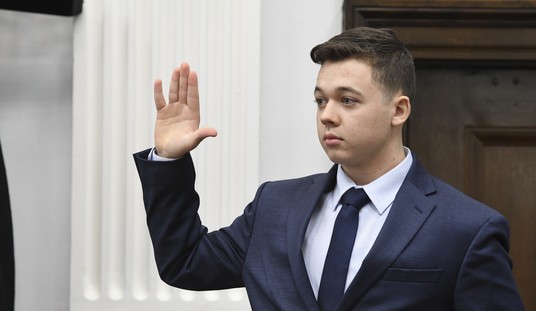
Flush from their victory at Yorktown, the Continental Army remained frustrated over the inability of the Philadelphia government to provide decent supplies of ammunition and food to the still struggling Army. Many of Washington’s closest advisors encouraged him to march on Philadelphia, take over the government, and establish himself as King. He refused, setting a standard of self sacrifice and love of country for every political leader since to emulate.
The problem, then as now, is that there were too many politicians and too few leaders.
Today, the term “politician” is practically a dirty word, and so to avoid the stigma, those who strive for or hold political office refer to themselves as political leaders. With congressional approval rates still down in the teens, and an election season about to go full bore, maybe we should consider exactly what makes a political leader different from a politician.
Leaders, it seems, lead. Politicians wait to see what the polls say (after the purposeful leak) and then take whatever position is most popular.
Leaders campaign on their plans and proposals. Politicians attack the person and policies of their opponents while carefully avoiding any policy of their own they might have to defend.
Leaders make decisions based on what they believe is right. Politician’s base their decisions on what is most likely to get them re-elected.
Leaders care about the people they serve. Politicians care about themselves – and their party for as long as it helps them stay in power.
As President of the Constitutional Convention, George Washington again stood out as a leader. He was a true non-partisan who saw his primary mission as not taking sides on an issue but instead, using his leadership to keep the combatants calm and re-focus them on the goal of establishing a new country – founded on the principles of freedom and democracy.
Leaders cut excess from the budget. Politicians want to grow the budget, and with it, their power.
Leaders streamline government. Politicians build complex bureaucracies to further entrench their power.
Leaders cautiously spend the taxpayer’s money on long term, proven projects, designed to increase the freedom, prosperity, and innovation of the people. Politicians recklessly throw money at politically correct, short term goodies that they hope will garner them support during the next election, regardless of the long term consequences.
Leaders make decisions based on what serves their entire constituency. Politicians make decisions designed to repay those who donated the most to their campaigns.
Washington was elected our first president April 30, 1789. He was the only President ever elected by a unanimous vote. His Presidency was distinctive in how he dedicated himself to governing in a way that served the entire country, not just one economic, political or social class.
Leaders remain true to their core values and have character. For politicians, values and religion are dependent on the audience they are in front of, and their character is manufactured by their publicists–until they get caught.
Leaders see their role as service to a free and independent people. Politicians see themselves as political saviors to the ignorant masses.
Shortly before he was inaugurated, George Washington wrote: “My movement to the chair of government will be accompanied by feelings not unlike those of a culprit who is going to the place of execution.”
Leaders express hope and optimism. Politicians use the language of fear, recognizing that fear is a powerful short term motivator and ignoring the fact that it is a long term depressant. It is one of the major reasons our economy is faltering.
So could Washington, or any politician who avoids the pitfalls of being a “politician” be elected today? We are arguably in one of those times in American history when men and women of character are desperately needed to pull the country back from brink of destruction.
As long as our motto truly remains, “In God we Trust,” God will provide these men and women. Yet the people still need to elect them.
Leaders of character need a people of character to put them into office. John F. Kennedy’s famous line “And so, my fellow Americans, ask not what your country can do for you; ask what you can do for your country,” must become etched in our political souls, or we will continue to march rapidly down the path to political slavery as serfs awaiting the next government handout – and then voting for more.
We the People are still sovereign, and although we have come close to abandoning that role, there is still hope that we can band together and bring about change that truly serves the entire country.
Recent studies indicate that as much as 60 percent of the country now self identifies as conservative. My own experience tells me this is true. I am proud to stand with this majority as we fight for meaningful change.
For as General Washington once said, “Associate yourself with men of good quality if you esteem your own reputation; for ’tis better to be alone than in bad company.”








Join the conversation as a VIP Member